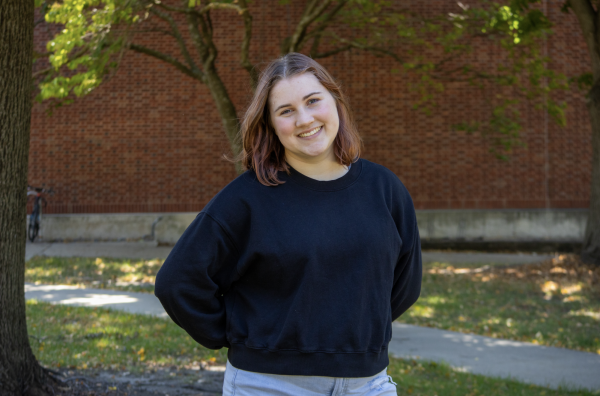While Drake students and professors were participating in the history and environment January Term in Ecuador and the Galapagos Islands, several violent incidents occurred in the port city of Guayaquil, a seven-hour drive from the mountainous Ecuadorian capital of Quito.
The J-Term group arrived in Ecuador on Jan. 3 and stayed in Quito with host families until Jan. 12, when they departed for the Galapagos.
Referred to by The Guardian as a “week of violence,” the situation began when gang leader Adolfo Macías, also known as Fito, was found missing from a prison in Guayaquil on Jan. 7. Gang violence climbed, also leading to an increase in prison violence.
Due to this uptick in violence, Ecuadorian President Daniel Noboa declared a 60-day state of emergency on Jan. 8. This declaration instituted a curfew and authorized the military to patrol streets and assume control of prisons.
“One of our guides back in Quito told us that the use of the state of emergency declaration is used all the time in Ecuador by the president, so he told us not to worry too much about it,” junior Eliana Mascareñas said via email.
On Jan. 9, a group of masked gunmen launched an assault on a television station in Guayaquil during a live broadcast. No one was killed in this attack, but at least eight people had been killed in other incidents in Guayaquil before the afternoon of Jan. 9, according to The New York Times.
When this attack occurred, the J-Term group was relaxing in hot springs after hiking in the Andes Mountains. Professors David Courard-Hauri and Karen Leroux, who led the trip, decided to end the excursion early to avoid traffic and learn more information.
“I was concerned to learn as much as we could to make good decisions in the interests of everyone’s safety and well-being,” Leroux said over email.
On Wednesday, Jan. 10, students remained with their host families while Courard-Hauri and Leroux worked with Drake’s Global Engagement Office and their partners in Ecuador to assess the situation.
“On Wednesday, it became clear that these were somewhat isolated incidents,” Courard-Hauri said. “Most Ecuadorians in Quito were going about things as normal.”
While the situation in Ecuador did not seem dire, U.S. news outlets reported that Ecuador had plunged into “chaos” and was experiencing “extreme violence.”
“The press in the United States […] felt to me very sensationalist,” Courard-Hauri said.
According to Courard-Hauri, the students were receiving “mixed signals.” The host families assured them that everything was fine, while their families back in the U.S. were worried by the headlines.
“I, for one, was extremely anxious when I heard about the news and what could possibly happen,” Mascareñas said. “However, my professor was there to answer my anxious concerns and was very kind.”
According to Leroux, Drake was aware of the increased drug trade in Guayaquil and the assassination of a presidential candidate last year but decided to continue with the program because the situation in Quito was peaceful.
“One of the reasons we go to Ecuador is because it’s a very safe country,” Courard-Hauri said. “[This situation] intruded on that feeling of safety to some extent.”
The objective of the J-Term was to investigate ecological and social issues and the historical context behind them in Ecuador and the Galapagos.
“It certainly gave us a topic of conversation because what happened was a result of [what] appears to have been high-level corruption,” Courard-Hauri said. “One of the issues that you always deal with in sustainable development is what are the effects of corruption and how you avoid it.”








